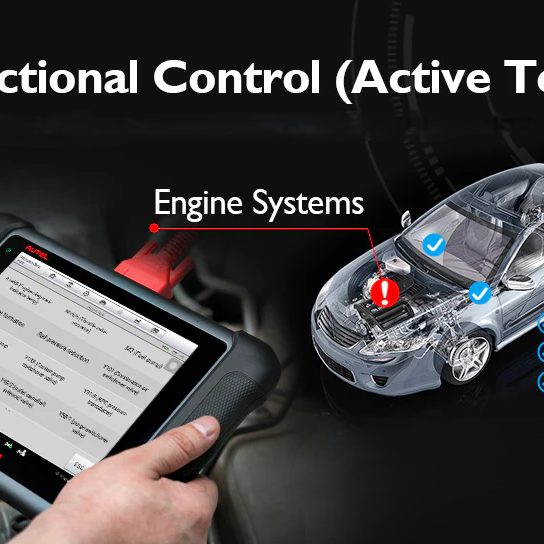Internal combustion engines produce exhaust gases that can be dangerous if breathed in for too long. The primary purpose of the exhaust system is to keep these gases far away from you--though it also serves other purposes, including reducing engine noise and decreasing pollution. So, it's important to keep an eye (and ear, and nose) out for signs that the exhaust system isn't performing as it should be. Below are 5 possible symptoms.
1. Louder Than Normal Exhaust Noise
If your car suddenly gets much louder, it's likely due to an issue with the exhaust system. This could be caused by a crack or hole in the exhaust pipe, a damaged muffler, or a problem with the catalytic converter. A noisy exhaust system not only makes your ride uncomfortable but also lowers the vehicle's efficiency.
2. Reduced Fuel Efficiency
A malfunctioning exhaust system can negatively affect your car's fuel efficiency, leading to higher fuel costs. Blockages or leaks in the exhaust system force the engine to work harder to expel gases, which results in more fuel being used. If you've noticed more trips to the gas station despite no change in your driving habits, the exhaust system could be the culprit.
3.Vibrations or Rattling Sounds Under the Car
If you're feeling unusual vibrations or hearing rattling noises beneath the car, it could signal that the exhaust parts are loose or damaged. Ignoring these warning signs may cause further damage to the exhaust system or even affect other vehicle components. A professional inspection can catch this early and prevent it from becoming a bigger issue.
4. Exhaust Fumes Inside the Cabin
If you smell exhaust fumes inside the car, it's important not to ignore it. This could be a serious issue, as it may involve harmful gases like carbon monoxide, which can be dangerous or even fatal. If you detect the smell, pull over immediately and seek help from a mechanic to ensure your safety.
5. Illuminated Check Engine Light
The oxygen sensors read the level of oxygen in the exhaust to make sure that your car is getting the right fuel/air ratio, and the catalytic converter transforms some of the more harmful pollutants generated by combustion into less harmful compounds. Trouble with either of these components may send the signal to illuminate the check engine light.





